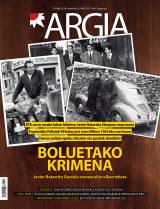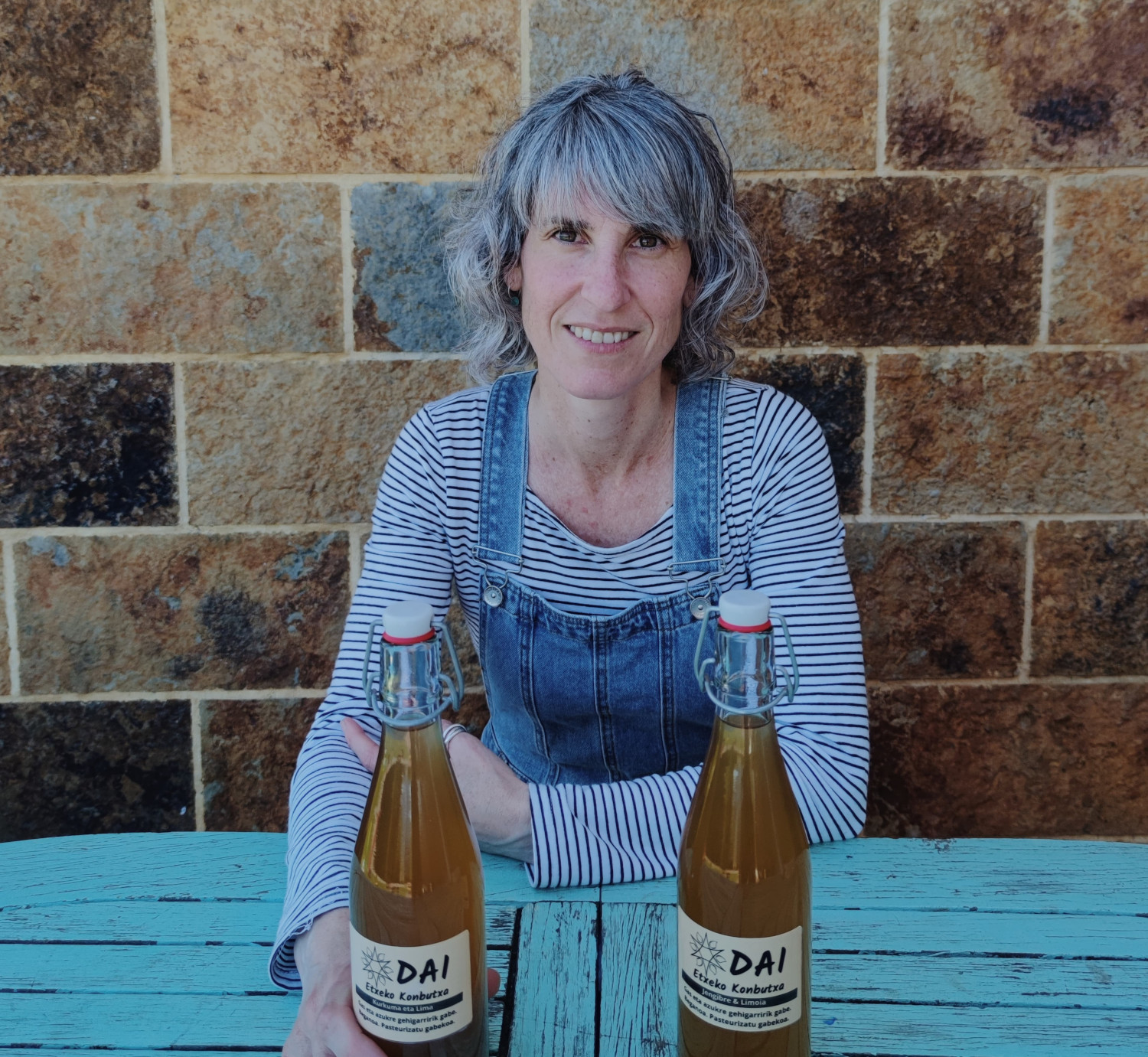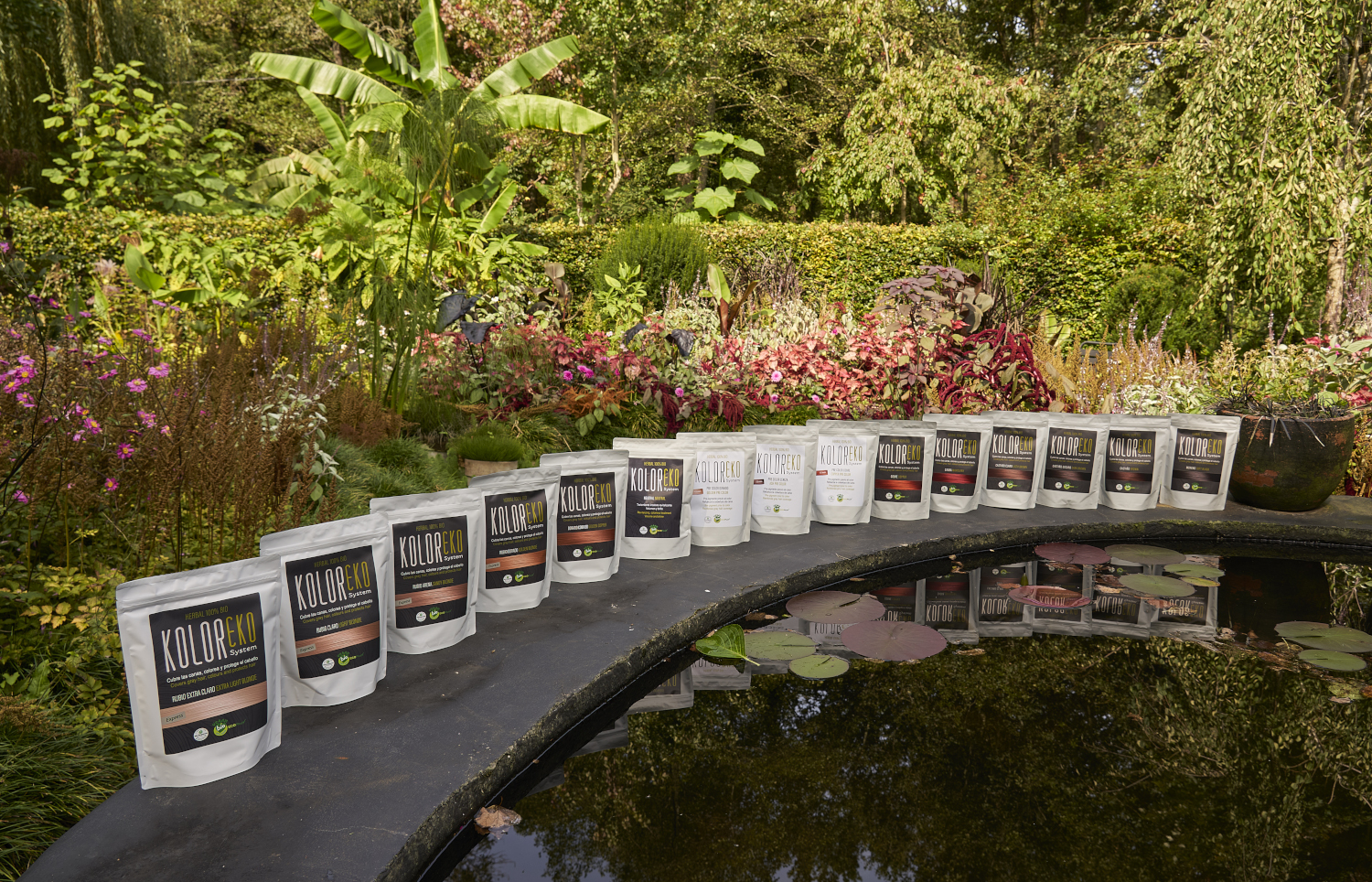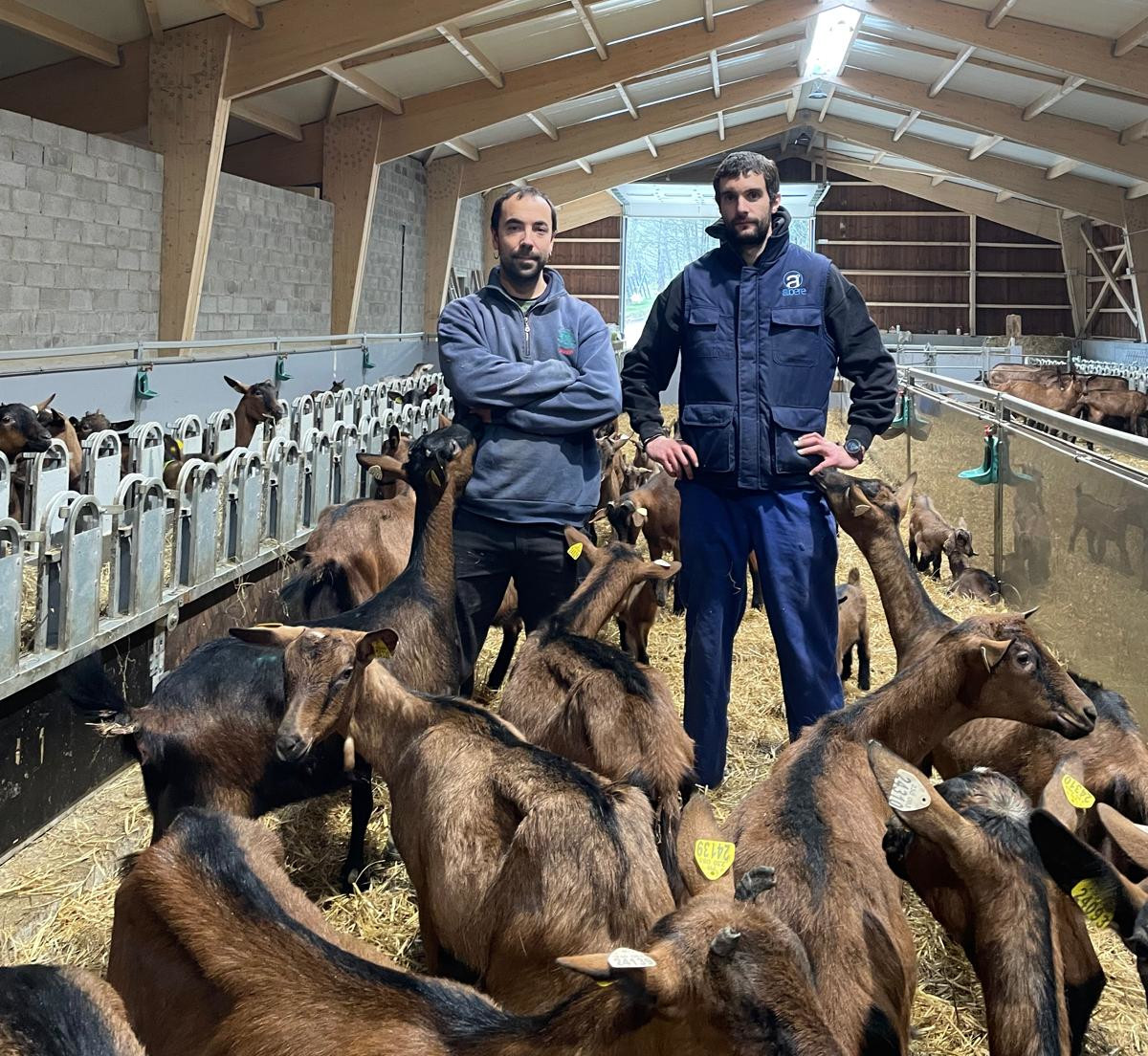Baserritars produce 70% of the world's food, with 25% of the world's resources.

“As we are becoming more and more inhabitants of the world, the need for a large agricultural industry producing food cannot be denied.” This is one of the main arguments of agro-industrial companies and promoters of the transgenic model, which they use to justify the usefulness of their model. However, the research carried out by the NGO ETC Group has dismantled these myths and brought to light the realities that associations linked to food sovereignty have been calling for for a long time.
Small farmers feeding the world
Small farmers, indigenous people and family farmers produce 70% of what the world’s citizens eat, according to the study. It is also significant that this agricultural model employs only 25% of the natural resources of the soil – water, land and fuels. On the other side is the large chain of the agricultural industry, which, although it uses 75% of the world's resources, only feeds 30% of the population.
If governments want to end hunger and curb climate change, they have nothing but set in motion and push forward public policies that encourage homemade agriculture, according to ETC Group. Who will feed us? The food networks of the baserritars or chains of the agricultural industry? According to the study's conclusions, hunger in the world is not due to the lack of food, but to an unfair distribution of food.
Meanwhile, large agro-industrial companies waste natural resources
According to the study report, the agricultural industry destroys 75,000 million tonnes of aromatic land each year, and removes 7.5 million hectares of forests. In addition, these large companies consume 90% of the fossil fuels used in agriculture and agriculture. The small baserritars model, for its part, uses only 20% of the water used for agriculture, 10% of the fuels, and does not lead to the destruction of land and forests. The collision between the two models is also environmentally clear.
The study concludes that between 33% and 50% of the 4 billion tons of food produced annually by large agro-industrial chains are lost (at the time of processing, transporting or storing them). The authors of the study stress that with appropriate policies the agro-ecological model can triple employment in rural areas, reduce migration to cities, improve food quality and eradicate hunger.
Duela lau urte abiatu zuten Azpeitian Enkarguk proiektua, Udalaren, Urkome Landa Garapen Elkartearen eta Azpeitiako eta Gipuzkoako merkatari txikien elkarteen artean. “Orain proiektua bigarren fasera eraman dugu, eta Azkoitian sortu dugu antzeko egitasmoa, bere izenarekin:... [+]
Donostiako Amara auzoko Izko ileapaindegi ekologikoak 40 urte bete berri ditu. Familia-enpresa txikia da, eta hasieratik izan zuten sortzaileek ile-apainketan erabiltzen ziren produktuekiko kezka. “Erabiltzaileen azalarentzat oso bortzitzak dira produktu gehienak, baina... [+]
Ubidekoak (Bizkaia) dira Imanol Iturriotz eta Aritz Bengoa gazteak. “Lagunak gara txikitatik, eta beti izan dugu buruan abeltzaintza proiektu bat martxan jartzeko ideia”, azaldu du Iturriotzek. Nekazaritzari lotutako ikasketak izan ez arren, baserri munduarekin eta... [+]
Iruñean bizi ziren Iñaki Zoko Lamarka eta Andoni Arizkuren Eseberri gazteak, baina familiaren herriarekin, Otsagabiarekin, lotura estua zuten biek betidanik. “Lehen, asteburuetan eta udan etortzen ginen eta duela urte batzuk bizitzera etorri ginen”, dio... [+]
Gipuzkoako hamaika txokotatik gerturatutako hamarka lagun elkartu ziren otsailaren 23an Amillubiko lehen auzo(p)lanera. Biolur elkarteak bultzatutako proiektu kolektiboa da Amillubi, agroekologian sakontzeko eta Gipuzkoako etorkizuneko elikadura erronkei heltzeko asmoz Zestoako... [+]
Emakume bakoitzaren errelatotik abiatuta, lurrari eta elikadurari buruzko jakituria kolektibizatu eta sukaldeko iruditegia irauli nahi ditu Ziminttere proiektuak, mahai baten bueltan, sukaldean bertan eta elikagaiak eskutan darabiltzaten bitartean.






















